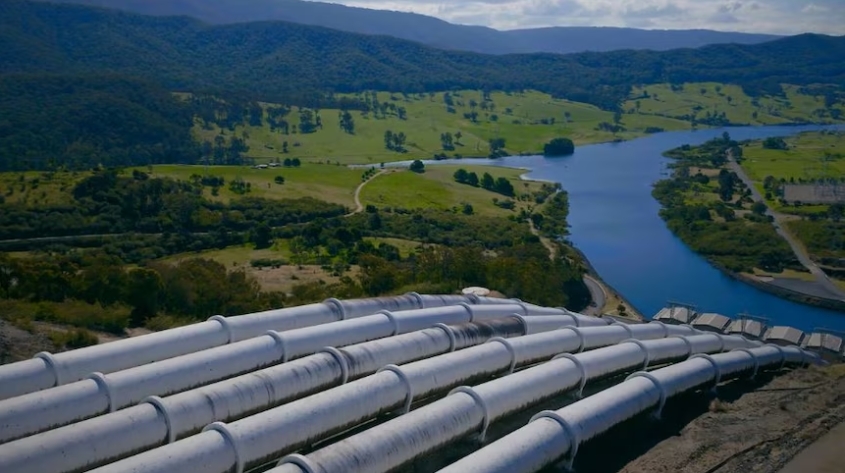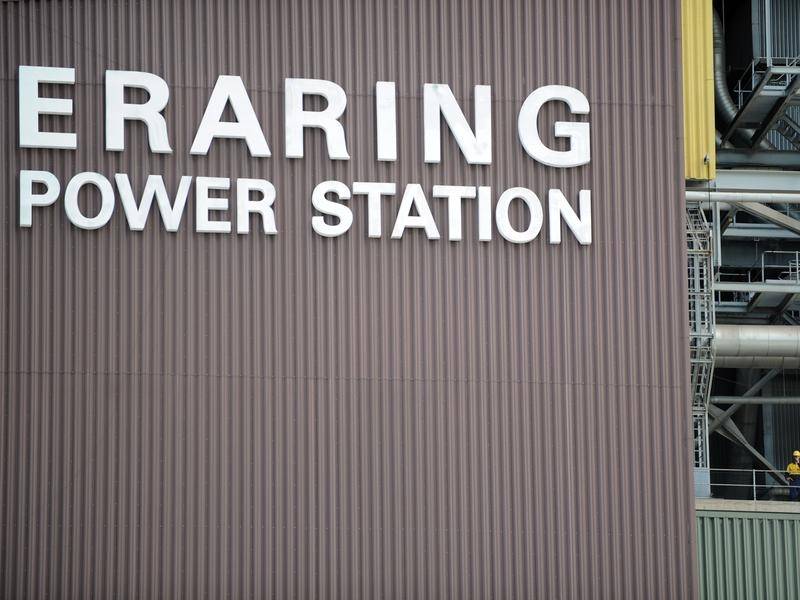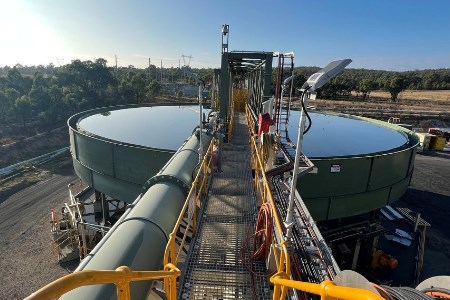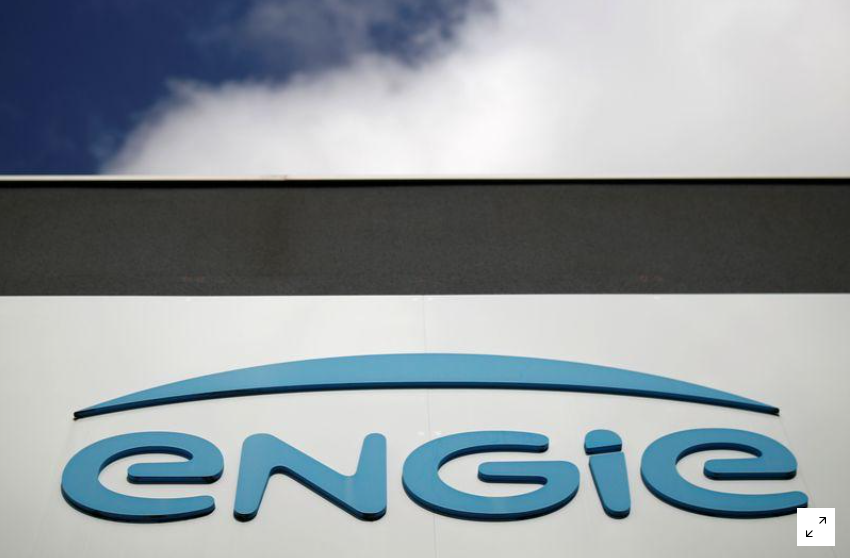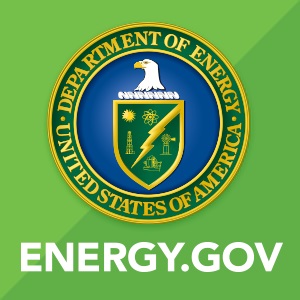
The U.S. Department of Energy (DOE) and the Department for Energy Security and Net Zero of the United Kingdom of Great Britain and Northern Ireland (DESNZ) have today decided to form a major new strategic partnership to accelerate the demonstration and commercialization of fusion energy. This new partnership intends to focus on advancing the U.S. Bold Decadal Vision for Commercial Fusion Energy and the UK's Fusion Strategy.
Fusion energy could provide a low-carbon, safe, sustainable and reliable energy supply with the potential to transform global efforts to achieve net-zero carbon emissions and to enhance energy security and resilience. This could deliver major societal and economic benefits, and will require appropriate regulatory, social and market policies, alongside overcoming significant technical challenges.
The United States and the UK have a long history of collaborative efforts in generating scientific and technological progress in fusion energy research and development, supported predominantly in the United States through the DOE Office of Science's Fusion Energy Sciences program and in the UK through the UK Atomic Energy Authority (UKAEA). The new partnership builds on this collaborative history, including for example the UKAEA-Princeton Plasma Physics Laboratory Fusion Fellowships as well as research on the MAST-U tokamak in the UK and the DIII-D National Fusion Facility in the United States.
This new partnership aims to recognize and develop the complementarity between U.S. and UK resources and facilities in fusion, including those in academia, industry and government. This partnership intends to:
Address the technical challenges of delivering commercially viable fusion energy, pursuant to the existing Agreement between the United States and the UK on Scientific and Technological Cooperation;
Focus on shared access to and development of major new national facilities required for fusion research and development, and how a coordinated, strategic approach can maximize value for the United States and the UK;
Explore opportunities to support the international harmonization of regulatory frameworks and codes and standards;
Identify and support the development of resilient supply chains that will be necessary for commercial fusion deployment;
Support public engagement with communities, including equity and energy justice, to facilitate social license for deploying fusion energy; and
Promote skills development to ensure the people and talent growth necessary for the robust, inclusive and diverse workforce required by the fusion sector into the next decade and beyond.
It is anticipated that major plant design projects such as STEP
in the UK or those part of the U.S. Milestone-Based Fusion Development Program would not be covered by this partnership, though those projects may inform priority research areas of the partnership.
A focused joint coordinating committee to drive the work of the new partnership is to be announced soon, and this committee is expected to meet for the first time in early 2024. This committee is to be co-chaired by DOE and DESNZ and is expected to include participation from national laboratories, academia, and industry. The committee is expected to form and oversee working groups to identify and advance priority U.S.-UK collaborative opportunities to realize our shared vision for fusion energy as an integral part of the world's future energy supply.
